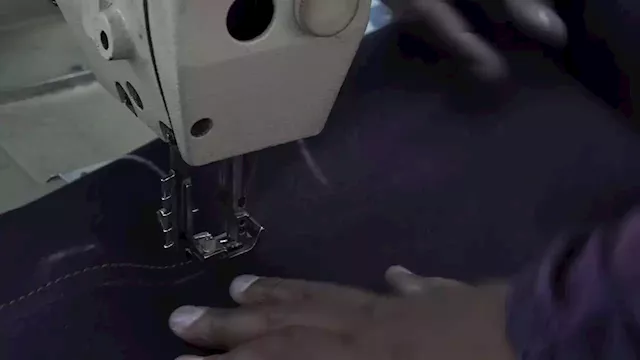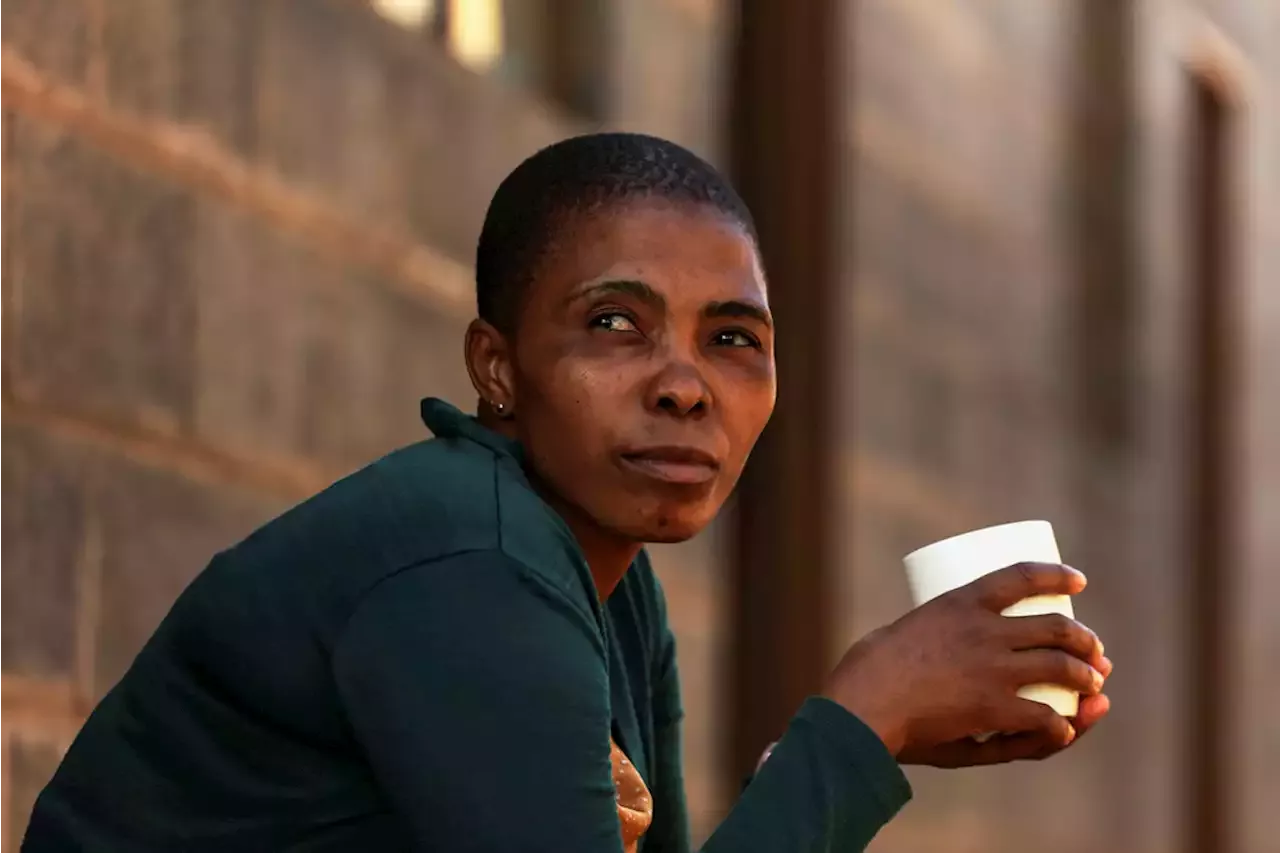MASERU, Lesotho — Vekile Sesha stood outside the rusted gates of a garment factory in the industrial district of Lesotho’s capital, Maseru, willing her luck to change. Four months earlier, the blue jeans factory where she worked nearby abruptly shut, blaming plummeting demand from the Western brands it supplied amid the pandemic.
When the coronavirus pandemic hit the world two years ago, the global fashion industry crumpled. Faced with collapsing demand, brands canceled orders worth billions of dollars and factories across Africa and Asia went belly up. Few felt the effects as harshly as the tens of millions of workers, most of them women, who stitched the world’s clothes.
More than 11,000 of Lesotho’s 50,000 garment workers have lost their jobs since March 2020, according to government figures. The job losses were catastrophic in one of the world’s least developed countries, with 2.1 million people and few formal employers. Like most of the women in jobs like hers, Kheoane grew up at a time when Lesotho had a different export: the labor of its men. For decades, they left the country by the tens of thousands to work in the gold, diamond and platinum mines of South Africa. The paychecks they sent to their families back home were Lesotho’s largest source of foreign income.
The rapid industrial growth had a profound ripple effect across the city’s economy. Tin shacks sprouted like weeds outside the factory gates, selling garment workers everything from apples and beers to mobile phone airtime and secondhand clothing. Every morning, taxi vans full of commuters wheezed in from the city’s fringes.
For two months, its entire garment industry shut down, save a few factories that pivoted to producing masks and other protective gear. To stave off total crisis, the government issued emergency payments of 800 loti a month to permanently employed garment workers. But it was barely enough to pay rent. And employees on temporary contracts, such as Kheoane at the time, didn’t receive anything.
One August morning, Sesha arrived at work to an announcement that the factory was shutting down. She was stunned. Factory work had been a ticket to a life far more independent than any her mother or grandmother could have imagined.
Indonesia Berita Terbaru, Indonesia Berita utama
Similar News:Anda juga dapat membaca berita serupa dengan ini yang kami kumpulkan dari sumber berita lain.
 Women of Lesotho's garment industry lose jobs, hope in COVIDMASERU, Lesotho (AP) — Vekile Sesha stood outside the rusted gates of a garment factory in the industrial district of Lesotho’s capital, Maseru, willing her luck to change. Four months earlier, the blue jeans factory where she worked nearby abruptly shut, blaming plummeting demand from the Western brands it supplied amid the pandemic. The new coronavirus affects so many things,
Women of Lesotho's garment industry lose jobs, hope in COVIDMASERU, Lesotho (AP) — Vekile Sesha stood outside the rusted gates of a garment factory in the industrial district of Lesotho’s capital, Maseru, willing her luck to change. Four months earlier, the blue jeans factory where she worked nearby abruptly shut, blaming plummeting demand from the Western brands it supplied amid the pandemic. The new coronavirus affects so many things,
Baca lebih lajut »
